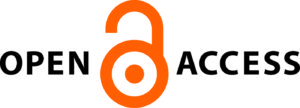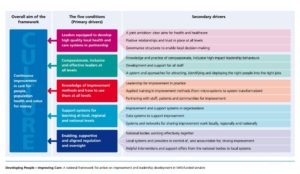 Green open access (sometimes also called self-archiving) is where a copy of an article is deposited by an author in a repository, with the permission of the publisher. Repositories can be institutional (most universities have one, along with small number of NHS Trusts) or discipline based.
Green open access (sometimes also called self-archiving) is where a copy of an article is deposited by an author in a repository, with the permission of the publisher. Repositories can be institutional (most universities have one, along with small number of NHS Trusts) or discipline based.
Institutional repositories are a good way of demonstrating the research work being carried out in an organisation, and of making that research available to others.
Many publishers support the idea of green open access, but what is allowed to be deposited is usually not the final published version, but may be a preprint, or the peer-reviewed postprint.
Finding out which journals allow green open access can be carried out by searching for the journal in the SHERPA/RoMEO database. If the journal is listed, it should give the policies of the publisher towards depositing a copy, and which version of the article can be used.
Locating open access articles held in institutional repositories is a little more tricky. Many will be found by carrying out a search in Google Scolar, but along with non-open access articles. There are however, a number of specialist search engines that cover institutional repositories, such as BASE and CORE.
Shrewsbury and Telford Health Libraries already collate details of articles and other publications produced by staff in the Trust in our Staff Publications Hub, and nationally work is being carried out as part of the Knowledge for Healthcare programme to look at creating an NHS institutional repository to make open access articles more widely available.

